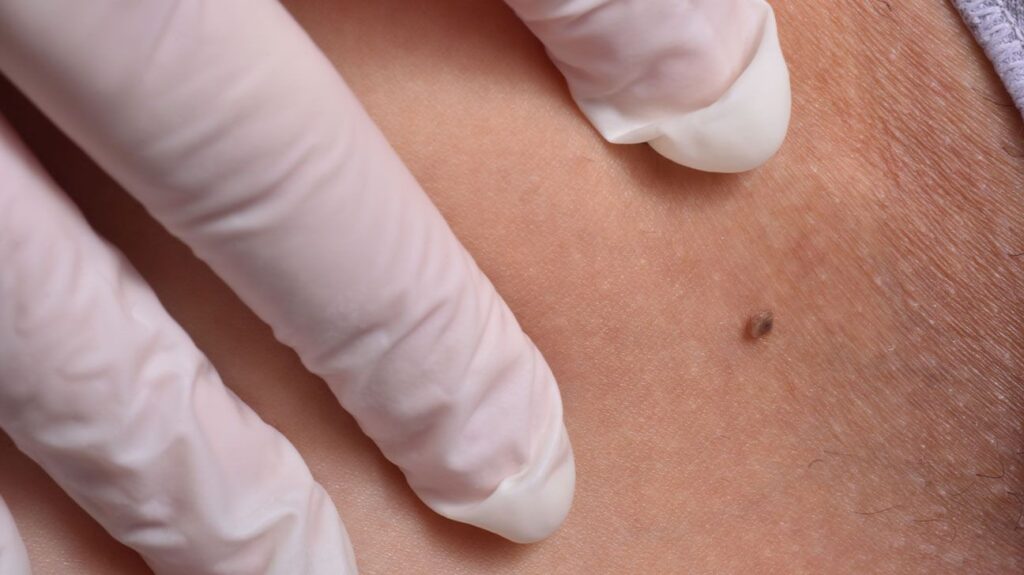Sleep apnea is a condition that affects millions of people worldwide, disrupting the natural sleep cycle and leading to a multitude of health complications. Characterized by repeated interruptions in breathing during sleep, it often goes undiagnosed due to the subtlety of its symptoms, such as loud snoring and daytime fatigue.
The consequences extend far beyond mere discomfort, linking sleep apnea to severe health issues like cardiovascular disease, diabetes, and cognitive decline. Discover the root cause of sleep apnea right below.
Look Into a Snoring Mouthpiece
If you suffer from sleep apnea, you may have tried a variety of remedies to no avail. A snoring mouthpiece might be the solution you’ve been looking for — these devices are designed to reposition the lower jaw and tongue, preventing obstructions that can disrupt breathing. Among the various options available, Joe Rogan’s sleep apnea mouthpiece has gained attention for its innovative design and effectiveness. Users have reported significant improvements in their sleep quality and reduced snoring, contributing to better overall health. Don’t forget to consult your healthcare provider before trying any new treatment.
Maintain a Healthy Weight
Excess weight, particularly around the neck, can constrict the airway and exacerbate breathing difficulties during sleep. By adopting a balanced diet and engaging in regular physical activity, individuals can work towards achieving a healthier weight, which can significantly reduce the severity of sleep apnea symptoms.
Incorporating nutrient-dense foods such as fruits, vegetables, lean proteins, and whole grains into daily meals can further support weight loss efforts. For those struggling with weight management, it might be best to seek guidance from a nutritionist who can personalize a plan based on individual needs and preferences.
Avoid Alcohol and Sedatives
While it may seem tempting to unwind with these substances, their effects on the respiratory system can lead to disrupted sleep patterns and exacerbate the severity of sleep apnea. To promote better sleep quality, it is advisable to limit or avoid alcohol and sedative medications, particularly in the hours leading up to bedtime.
Instead, consider alternative methods for relaxation, such as deep breathing exercises or mindfulness meditation. These practices can help you unwind without compromising the airway, contributing to a healthier sleep environment.
Sleep on Your Side
Sometimes, a simple change in sleeping position can make a significant difference for those with sleep apnea. Sleeping on your back can cause the tongue and soft tissues at the back of the throat to block the airway and, therefore, obstruct breathing. If you choose to sleep on your side, you can alleviate this pressure and promote more natural breathing patterns.
For those who struggle to maintain a side-sleeping position throughout the night, investing in a body pillow or strategically placing pillows around the body can provide support and encourage the desired sleeping position.
Establish a Consistent Sleep Routine
The best thing you can do for your sleep is to go to bed and wake up at the same time each day. This way, you can help regulate your body’s internal clock, leading to improved sleep quality. Creating a bedtime ritual that promotes relaxation—such as reading, gentle stretching, or taking a warm bath—can further prepare your body for sleep.
Even create a sleep-friendly environment: ensure your bedroom is dark, quiet, and cool. Reduce screen time before bed and avoid stimulating activities, such as intense exercise or stressful work tasks, close to bedtime.
Use a Humidifier
The use of a humidifier in your home can provide significant relief for individuals suffering from sleep apnea, particularly during dry seasons or in arid environments. This device adds moisture to the air and keeps the throat and nasal passages hydrated. The added humidity in your room can also alleviate symptoms of snoring, beneficial for both the individual and their sleeping partner.
When selecting a humidifier, look for a model that offers adjustable settings and easy maintenance. Regularly clean the device to prevent the growth of mold and bacteria, ensuring that the air remains clean and healthy. Always consider consulting a healthcare provider for personalized recommendations.
Keep Up with Regular Check-Ups
Despite implementing lifestyle changes and trying various treatment options, it’s crucial to continue monitoring your health through regular check-ups with a healthcare provider. Sleep apnea can have long-term effects on the body, so it’s essential to address any potential complications and make necessary adjustments to your treatment plan.
Your healthcare provider can also provide support and guidance throughout your journey towards better sleep and overall health. Remember that managing sleep apnea is an ongoing process, but by staying proactive and making necessary changes, you can lessen its impact on your well-being.
Sleep apnea is a significant yet often underestimated condition that can profoundly affect your health and quality of life. But once you understand its implications and actively take steps to mitigate its effects, you can make meaningful progress towards better sleep. Working closely with healthcare providers ensures personalized strategies for effective management. With dedication and appropriate interventions, it is possible to reclaim those restful nights!






